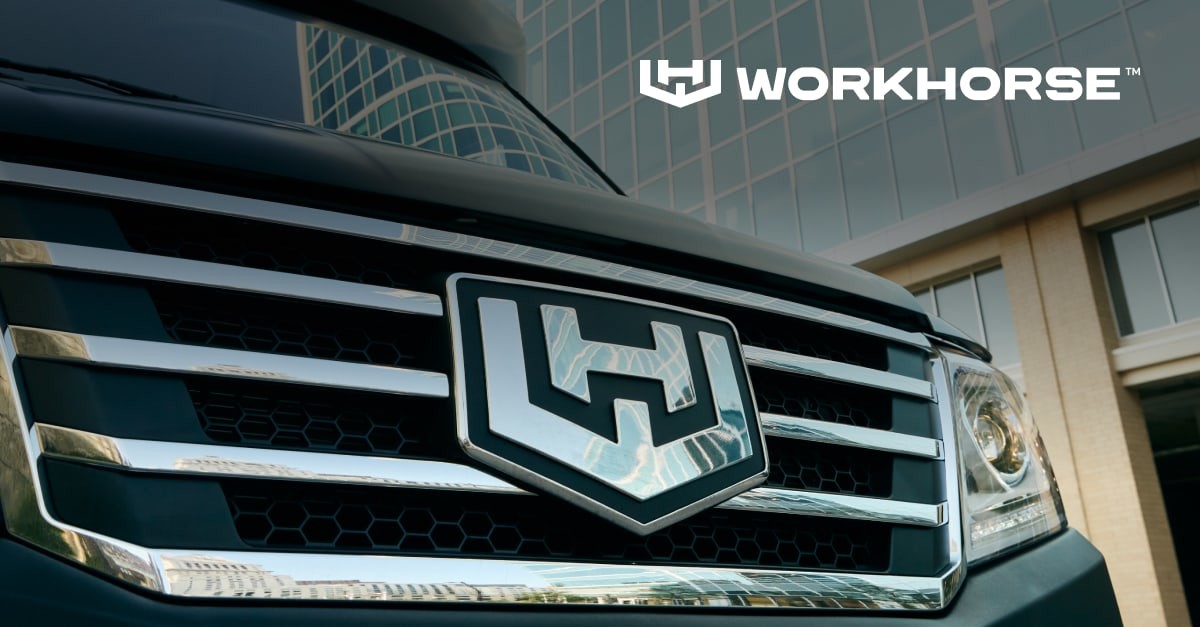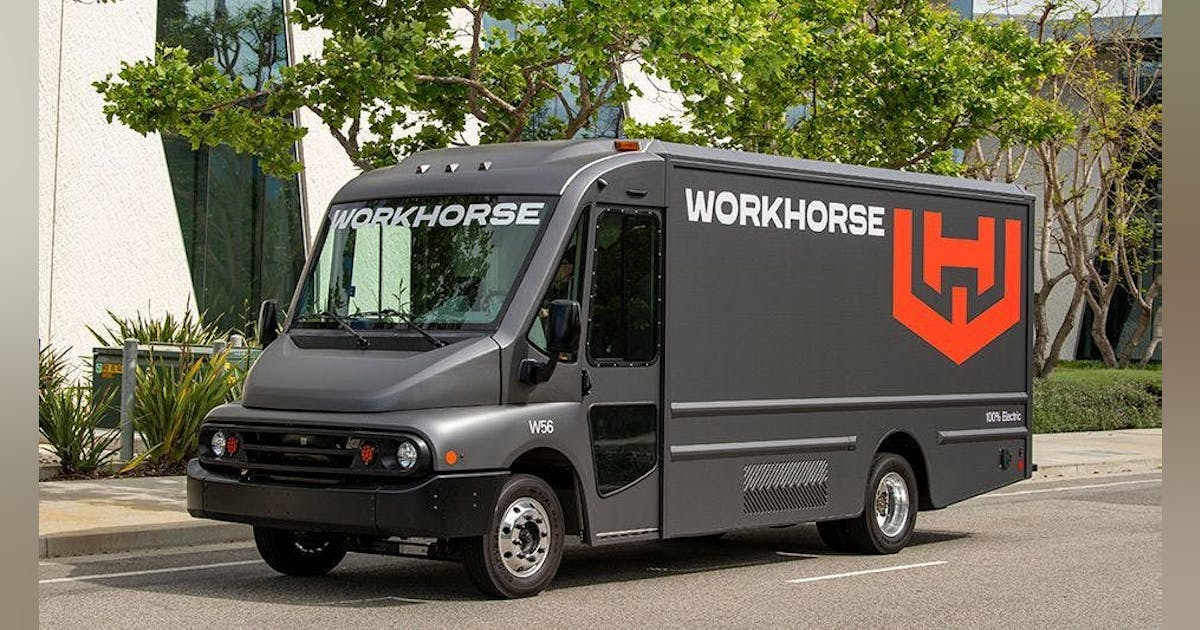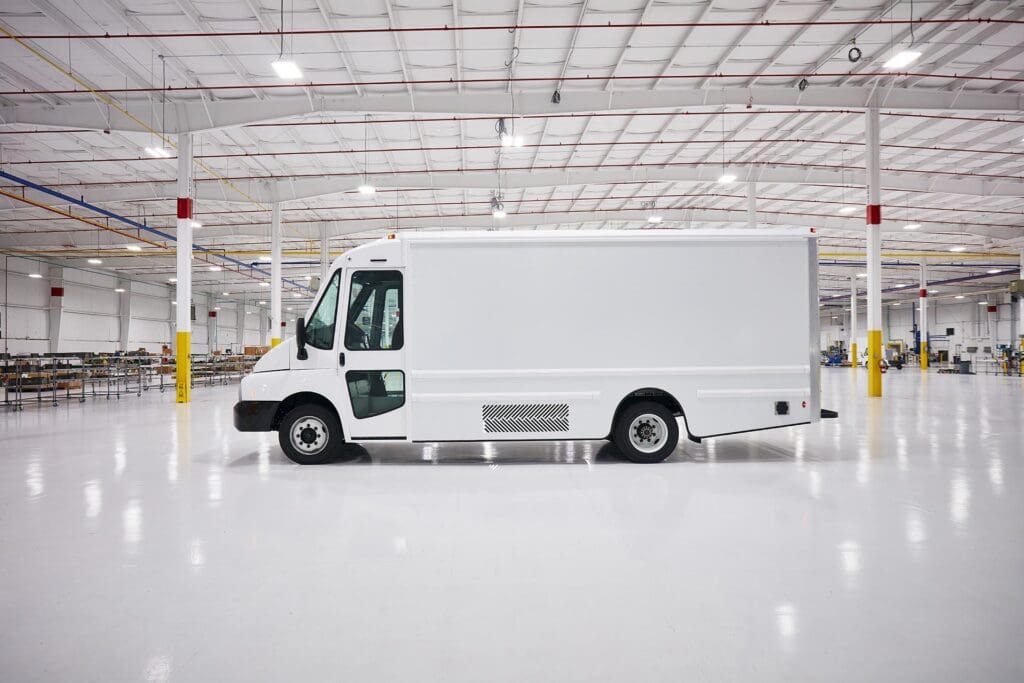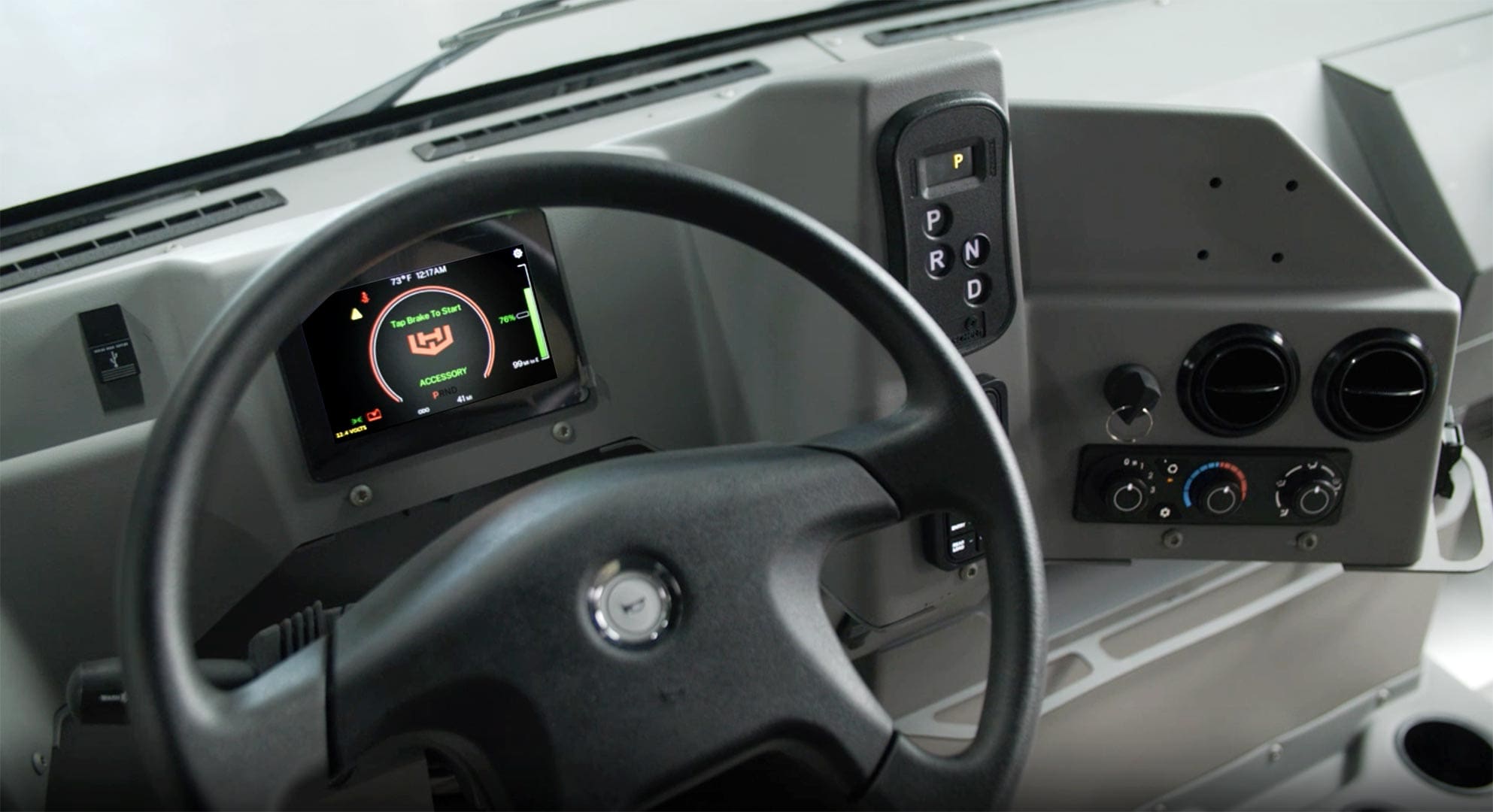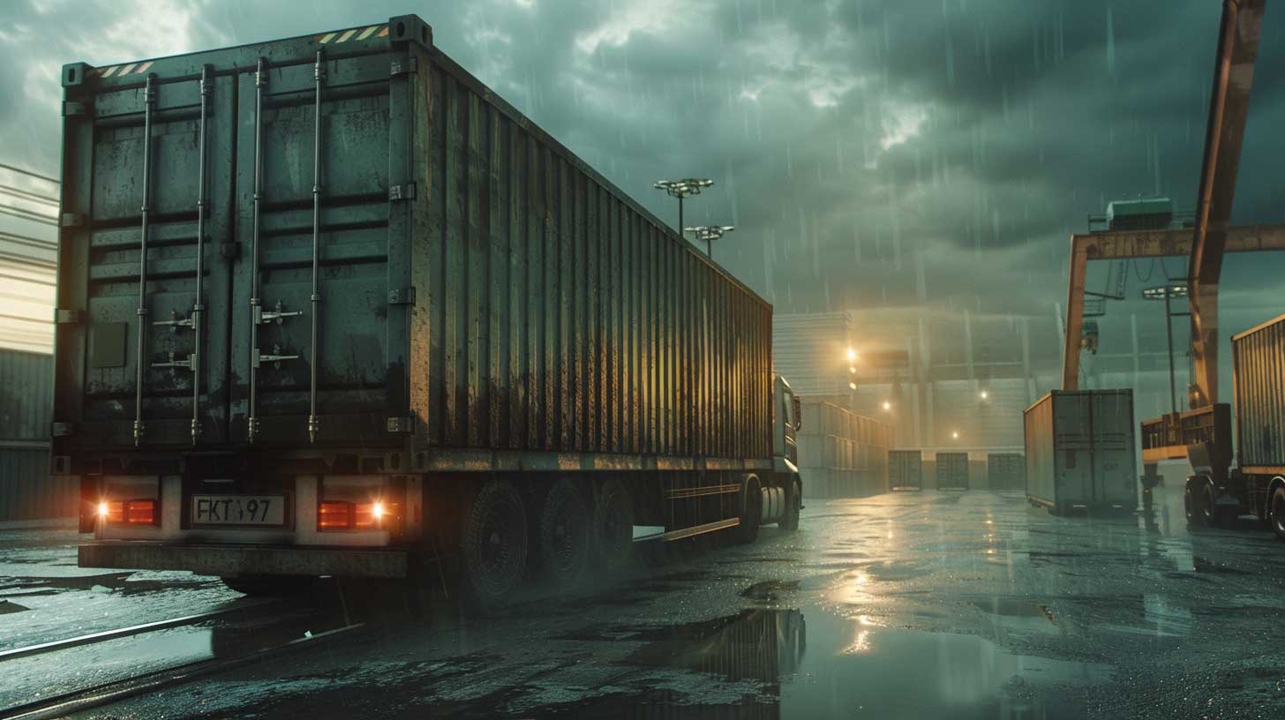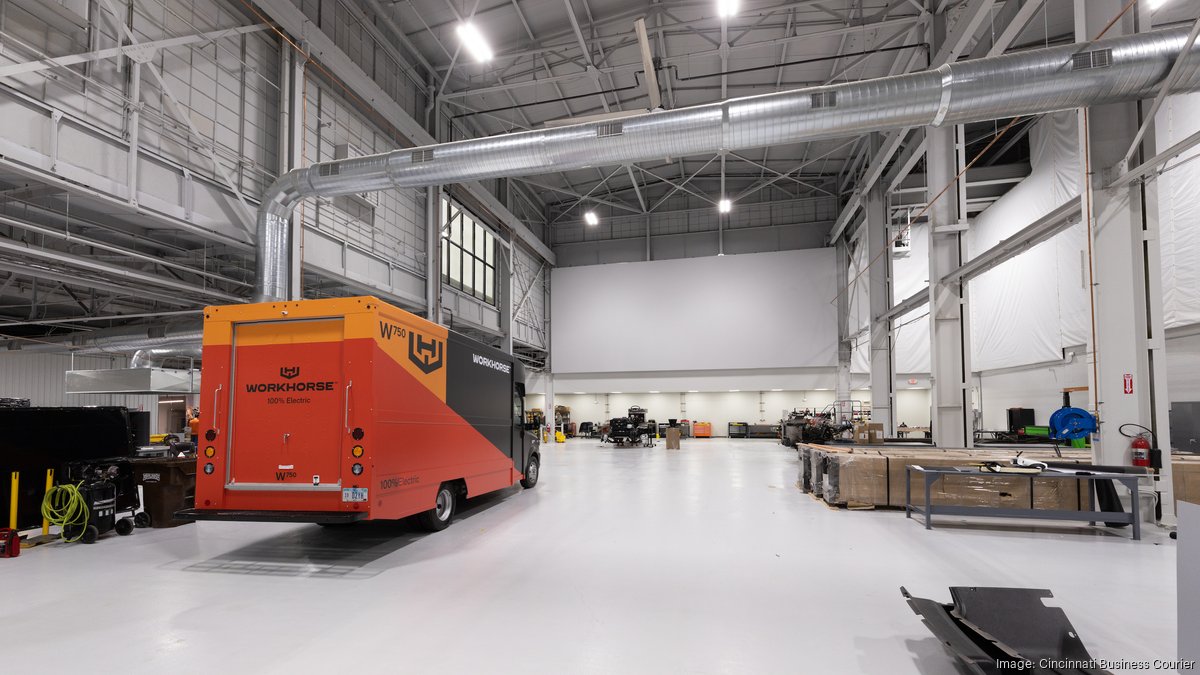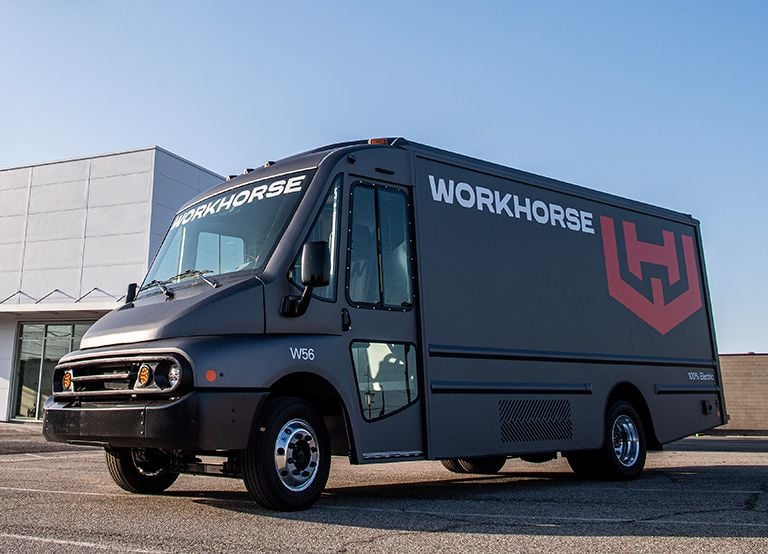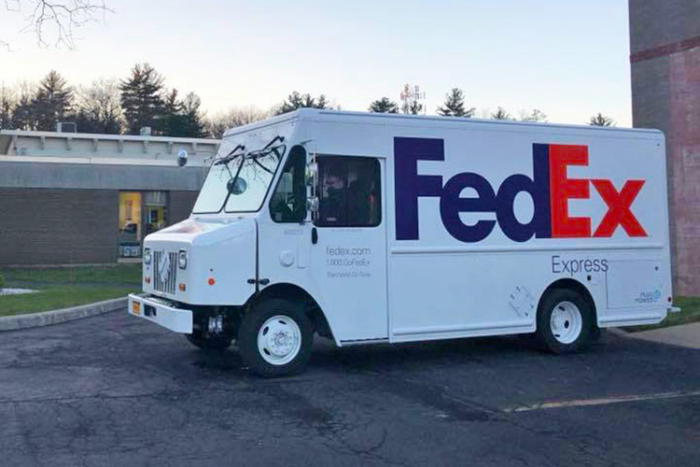Workhorse Reports Receiving Order From Fedex For W56 Vans
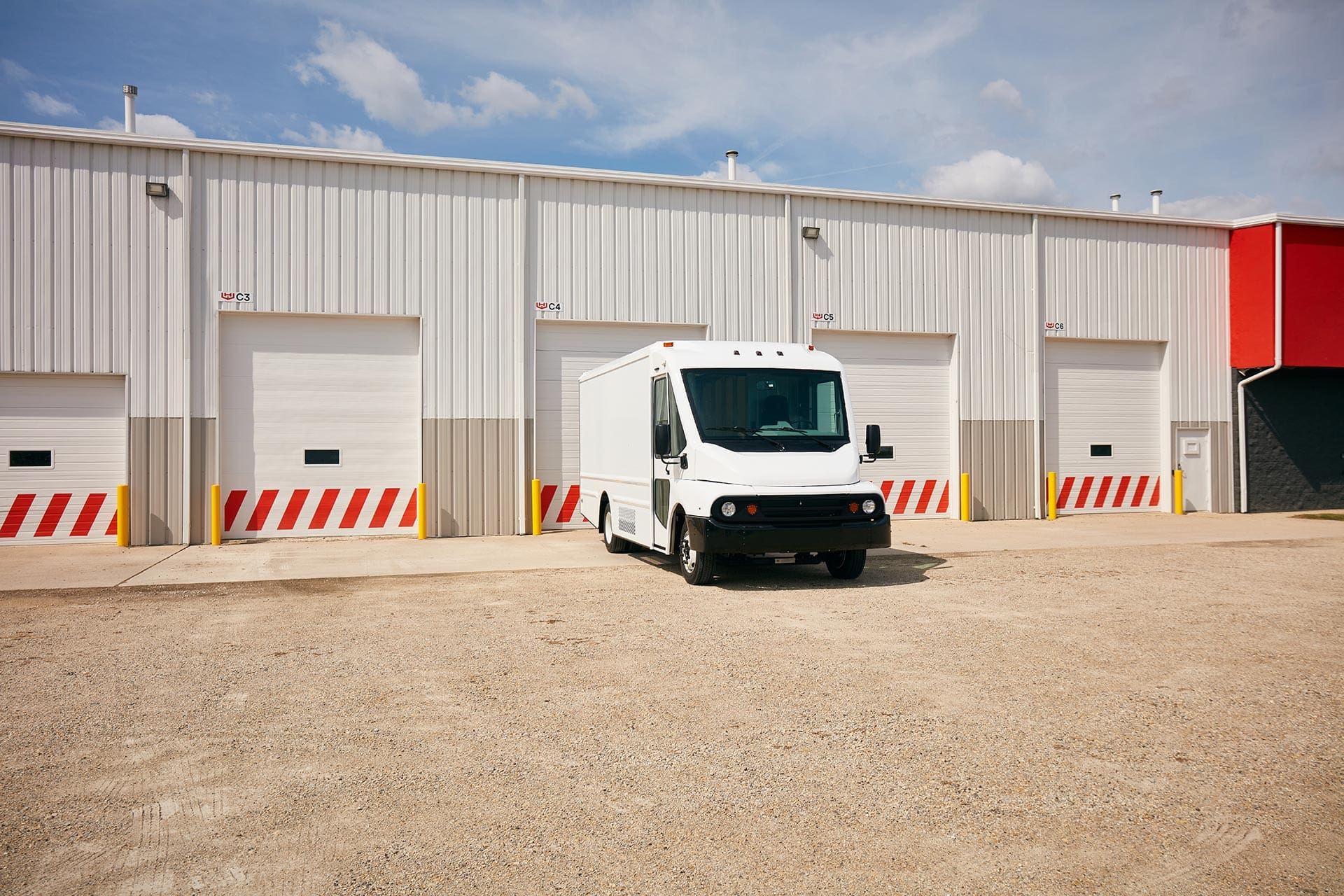
The electric vehicle (EV) landscape is buzzing with activity after Workhorse Group, the Ohio-based manufacturer, announced a significant order from FedEx for its W56 step vans. This development marks a pivotal moment for Workhorse, potentially signaling a turnaround after a period of challenges and scrutiny. The deal arrives amidst growing pressure on logistics companies to electrify their fleets and reduce their carbon footprint.
This order, while details remain somewhat limited, represents a major validation of Workhorse's technology and its commitment to the electric last-mile delivery market. The news sent ripples through the industry, sparking discussions about the future of EV adoption in commercial fleets. Investors are keenly watching to see if this translates into sustained growth and profitability for Workhorse.
What the FedEx Order Means for Workhorse
At its core, this isn't just another order; it's a potential lifeline for Workhorse. The company has faced numerous hurdles in recent years, including production delays, recalls, and the loss of a crucial U.S. Postal Service contract. FedEx, a global leader in logistics, choosing Workhorse as a vendor provides much-needed credibility and a significant revenue opportunity.
The specific number of W56 vans ordered by FedEx has not been officially disclosed, but industry analysts suggest it could be a substantial volume. This boost in demand should help Workhorse ramp up production and improve its economies of scale. The order also signals confidence in the W56's capabilities and its suitability for demanding delivery routes.
The W56: A Closer Look
The W56 is Workhorse's flagship electric step van, designed specifically for last-mile delivery. It boasts a significantly larger cargo capacity than its predecessor, the W50, and incorporates several design improvements. These upgrades are geared toward enhancing driver comfort, safety, and overall operational efficiency.
Key features of the W56 include a low floor height for easy entry and exit, a spacious cargo area, and advanced safety systems. The van is powered by a proprietary electric drivetrain, offering a range suitable for typical urban delivery routes. Workhorse emphasizes the W56's Total Cost of Ownership (TCO) benefits, claiming it is more cost-effective than traditional gasoline-powered vans over its lifespan due to lower fuel and maintenance costs.
Industry Context: The Push for Electrification
The FedEx order comes at a time when the entire transportation industry is under increasing pressure to transition to electric vehicles. Governments worldwide are implementing stricter emissions regulations and offering incentives to encourage EV adoption. Logistics companies like FedEx are responding to these pressures, as well as to growing consumer demand for sustainable delivery options.
Many companies have announced ambitious plans to electrify their fleets over the next decade. This commitment is driven by a desire to reduce their environmental impact, lower operating costs, and enhance their brand image. The transition to electric vehicles is a complex undertaking, requiring significant investments in charging infrastructure, driver training, and fleet management systems.
Potential Challenges and Opportunities for Workhorse
While the FedEx order is a positive development, Workhorse still faces significant challenges. The company needs to demonstrate its ability to consistently produce high-quality vans and meet delivery deadlines. Scaling up production to meet the demands of a major customer like FedEx will require careful planning and execution.
Furthermore, competition in the electric vehicle market is intensifying, with established automakers and new entrants vying for market share. Workhorse will need to continue innovating and improving its products to stay ahead of the curve. There is also a ongoing global shortage of semiconductor chips and other critical components that could impact production schedules.
However, if Workhorse can successfully execute its strategy, the FedEx order could open doors to new opportunities. A strong track record with FedEx could attract other major logistics companies and further solidify Workhorse's position in the electric last-mile delivery market.
Expert Opinions and Market Reaction
Industry analysts have expressed cautious optimism about the FedEx order. Some analysts believe this is a significant turning point for Workhorse, while others remain skeptical until the company demonstrates its ability to consistently deliver on its promises. The stock market reacted positively to the news, with Workhorse shares experiencing a notable increase in trading volume.
"This order could be a game-changer for Workhorse, but execution is key," said one transportation industry analyst. "They need to prove that they can reliably produce and deliver the W56 in the quantities that FedEx requires."
Looking Ahead: The Future of Workhorse and Electric Delivery
The FedEx order represents a crucial test for Workhorse. The success or failure of this partnership could have a significant impact on the company's long-term prospects. The future of electric last-mile delivery hinges on the ability of manufacturers like Workhorse to develop and produce reliable, cost-effective vehicles.
As the pressure to reduce emissions continues to mount, we can expect to see further adoption of electric vehicles in the commercial fleet sector. This trend presents both challenges and opportunities for companies like Workhorse, and the next few years will be critical in determining the winners and losers in this rapidly evolving market.
The industry awaits further details on the exact order specifications and delivery timeline. This announcement has injected fresh hope into Workhorse's future, contingent on their ability to deliver on this significant opportunity.


